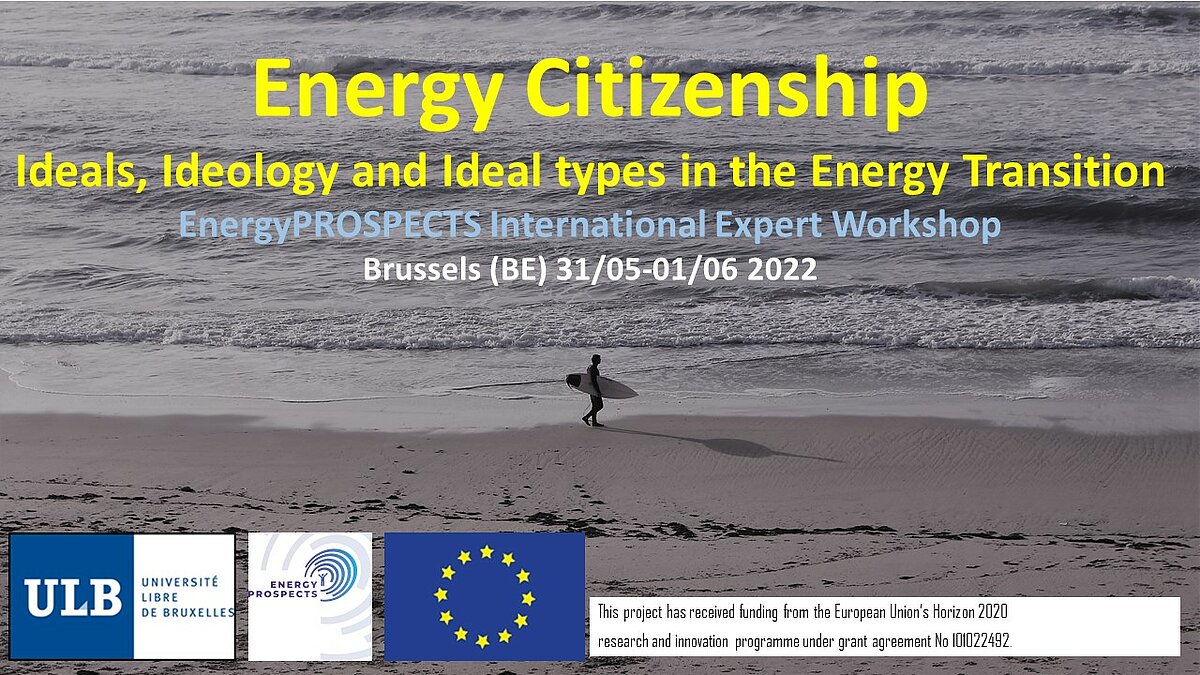
What is energy citizenship? How to conceptualize it? Which are the possible misunderstandings and ideological uses of the concept? Which are its potentials and pitfalls? How can it support transition processes towards sustainable, democratic, inclusive energy systems?
Organized back-to-back to the EnergyPROSPECTS partner meeting starting Monday May 30th, SONYA hosted a 1,5 day workshop.
The workshop served to explore and critically examine key assumptions about energy citizenship as developed in the conceptual work thus far. The discussions started from a conference paper:
Pel, B., Debourdeau, A., Kemp, R., Dumitru, A., Vadovics, E., Schäfer, M., Markantoni, M., Schmid, B., Fahy, F., Fransolet, A., Thalberg, K., Energy Citizenship; Ideals, Ideology and Ideal-types in the Energy Transition
The program featured scholars based in Ireland, France, Portugal, Canada, United Kingdom, Germany, Spain and Switzerland.
Spread over 5 sessions, this yielded a wild variety of perspectives, critiques, elaborations and questions:
Dr. Basil Bornemann (SUI): Energy citizenship: some reflections on the construction and embedding of the concept
Prof. Henrike Rau (GER): Beyond the individual: Researching energy citizenship through the lens of everyday practices
Prof. José Halloy (FRA) - Do we really have an energy problem?
Prof. Andy Stirling (UK): Framing Energy Citizenship: from eagle- to worm-eye views
Dr. Susana Batel (POR): The green energy transition – Which implications for energy citizenship and human rights?
Dr. Gary Goggins (IRL): The importance of culture in advancing sustainable energy policy and practice
Dr. Mario Pansera (ESP): Growth, post-growth, degrowth or collapse? Reflections on the technological limits to energy citizenship
Prof. Emmanuel Raufflet (CAN): Perspectives on energy citizenship and transition
This external validation and probing of key assumptions will inform the further conceptual work of the project.
An immediate follow-up is a journal article, co-authored by the conceptual framework (WP2) team as well as the invited speakers.